Posted on 9/24/2024

When you’re looking for a vehicle or researching engine types, you might ask yourself, "What’s the difference between gasoline and diesel engines?" Both gasoline and diesel engines power vehicles, but they work in very different ways. Let’s break down the key differences to help you decide which is better for your needs, especially when it comes to fuel efficiency, maintenance, and performance. 1. Fuel Type The first major difference is the type of fuel they use. Gasoline engines run on gasoline, which is a lighter fuel that ignites at a lower temperature. Diesel engines use diesel fuel, which is denser, contains more energy per gallon, and ignites through compression rather than a spark. 2. Ignition Process The way each engine ignites the fuel is different. Gasoline engines use spark plugs to ignite the air-fuel mixture ... read more
Posted on 5/30/2024

Have you ever noticed a strong gasoline smell in or around your car and wondered why? This can be concerning for safety and the health of your vehicle. Let’s explore the common causes and solutions for why your car smells like gas. 1. Fuel Leak A fuel leak is one of the most obvious reasons your car smells like gas. Leaks can occur at various points in your vehicle’s fuel system, including: Fuel Tank: A crack or hole can cause gas to seep out. Fuel Lines: Corroded or damaged lines can leak gasoline. Fuel Injector: A malfunctioning injector can leak fuel. Solution: If you suspect a fuel leak, address it immediately. Leaks can be dangerous, increasing the risk of fire. Have a mechanic inspect and repair any leaks to ensure your vehicle is safe. 2. Faulty Gas Cap A loose, damage ... read more
Posted on 4/11/2024
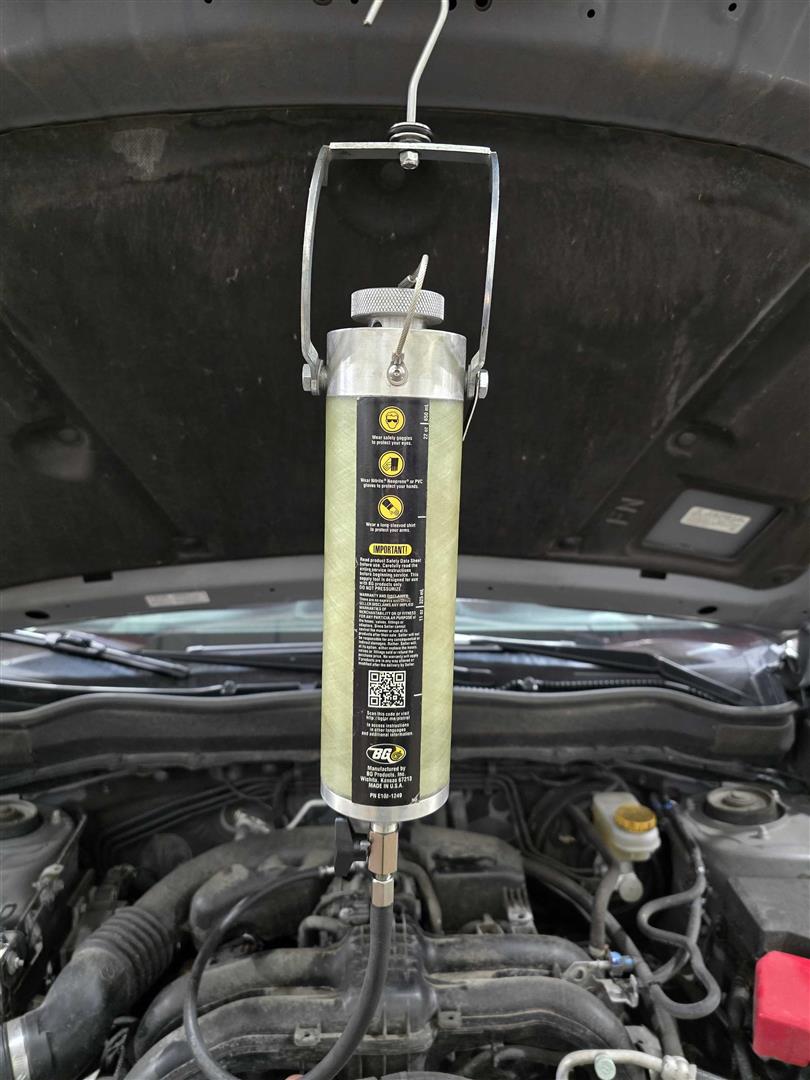
If you are a car owner, you have probably heard of fuel injection service. But what exactly is it, and why is it important? A fuel injection service is a procedure for your car's fuel system. Let's delve deeper into what fuel injection service entails and why it's essential. What Is Fuel Injection? Fuel injection is a computer-controlled system that delivers fuel to the engine in a car. The system uses sophisticated sensors to determine the amount of fuel needed. And the optimal air-to-fuel ratio for combustion. In the past, car engines used a carburetor to regulate the amount of fuel and air intake. Fuel injection systems have become more common in cars as they are more efficient. They also offer better engine performance. What Is A Fuel Injection Service? A fuel in ... read more
Posted on 2/20/2024
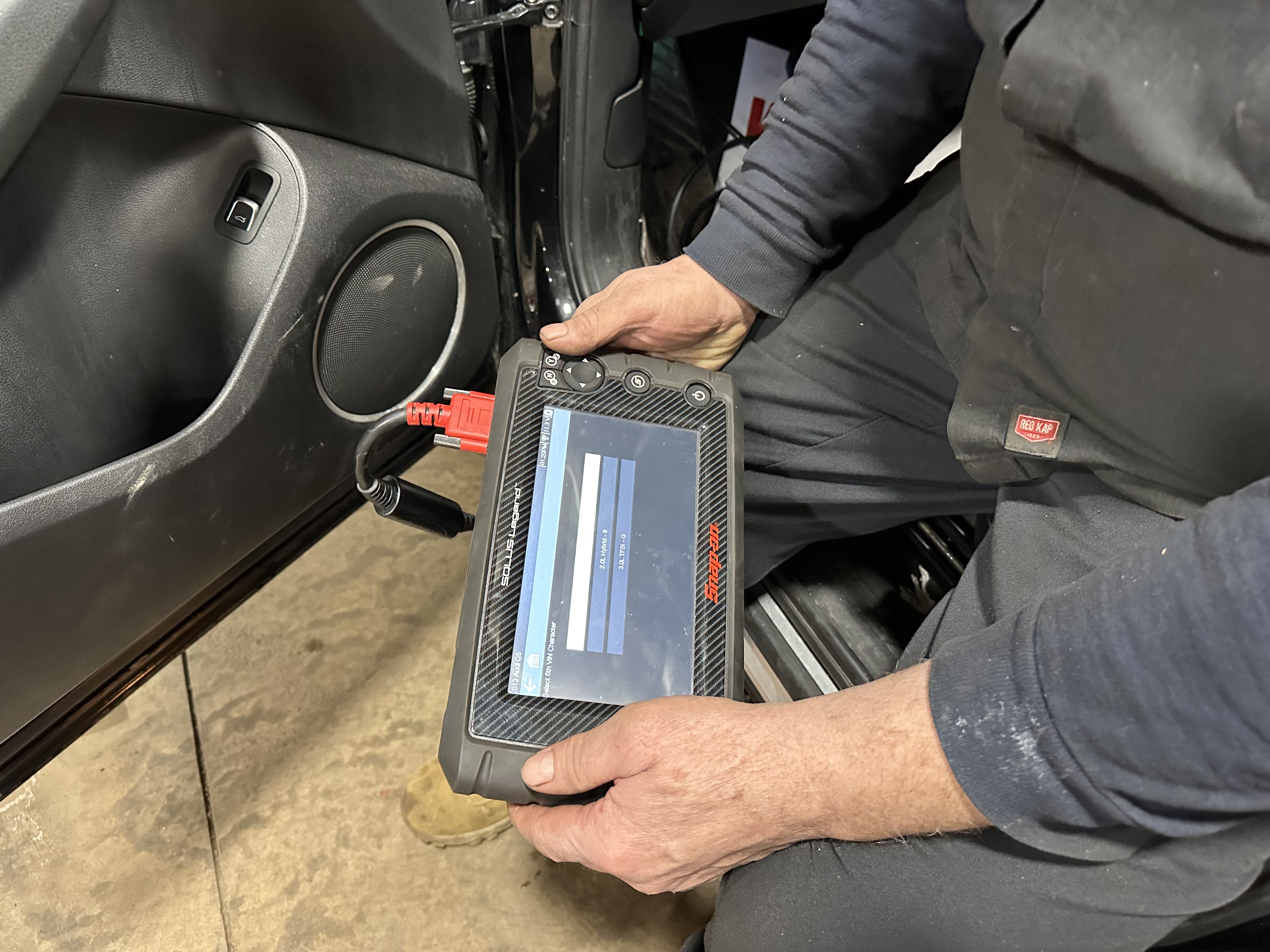
Ever wondered what to do when your car starts acting up, making weird noises, or just not driving like it used to? Well, the usual move is to head to the mechanic, right? But what if, even after the mechanic's thorough check, the problem isn't clear? That's where drivability diagnostics steps in. Let's break down what drivability diagnostics really are and how they come to the rescue. Drivability diagnostics is basically a fancy term for a process that figures out what's going wonky with your car's performance. Picture this: there are special tools involved, kind of like the car doctor's toolkit, used to figure out problems in key areas like the engine, transmission, and fuel system. Now, t ... read more
Posted on 1/2/2024
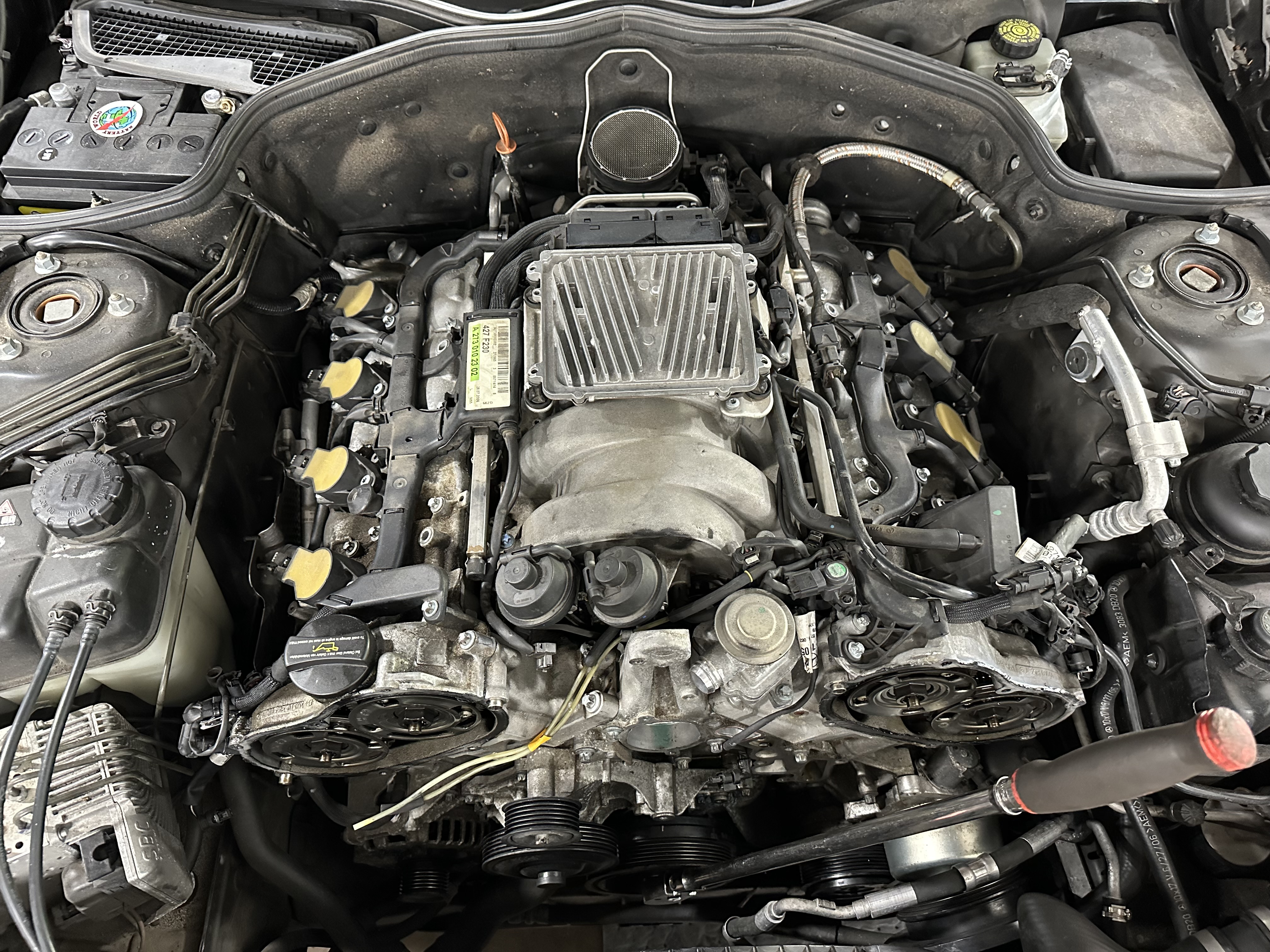
Ever wondered how to tell if your car's engine needs a little TLC? The engine is like the heart of your car, and keeping it healthy is crucial for a smooth ride. Let's explore simple signs and tips to help you know if your engine needs attention. Listen for Weird Noises: If your car starts making strange knocking or grinding noises, it might be a sign of a bad engine. Listen closely when you start the car and while driving. Unusual sounds can mean trouble! Watch the Smoke: If you see smoke coming from your car's exhaust, pay attention to the color. Black, white, or blue smoke can indicate different engine issues. For instance, blue smoke can mean the engine is burning oil. Check for Poor Performance: Is your car struggling to start or losing power? Difficulty starting, rough idling, or a loss of acceleration can be signs of engine trouble. Don't ignore these signs! In ... read more
Posted on 12/19/2023
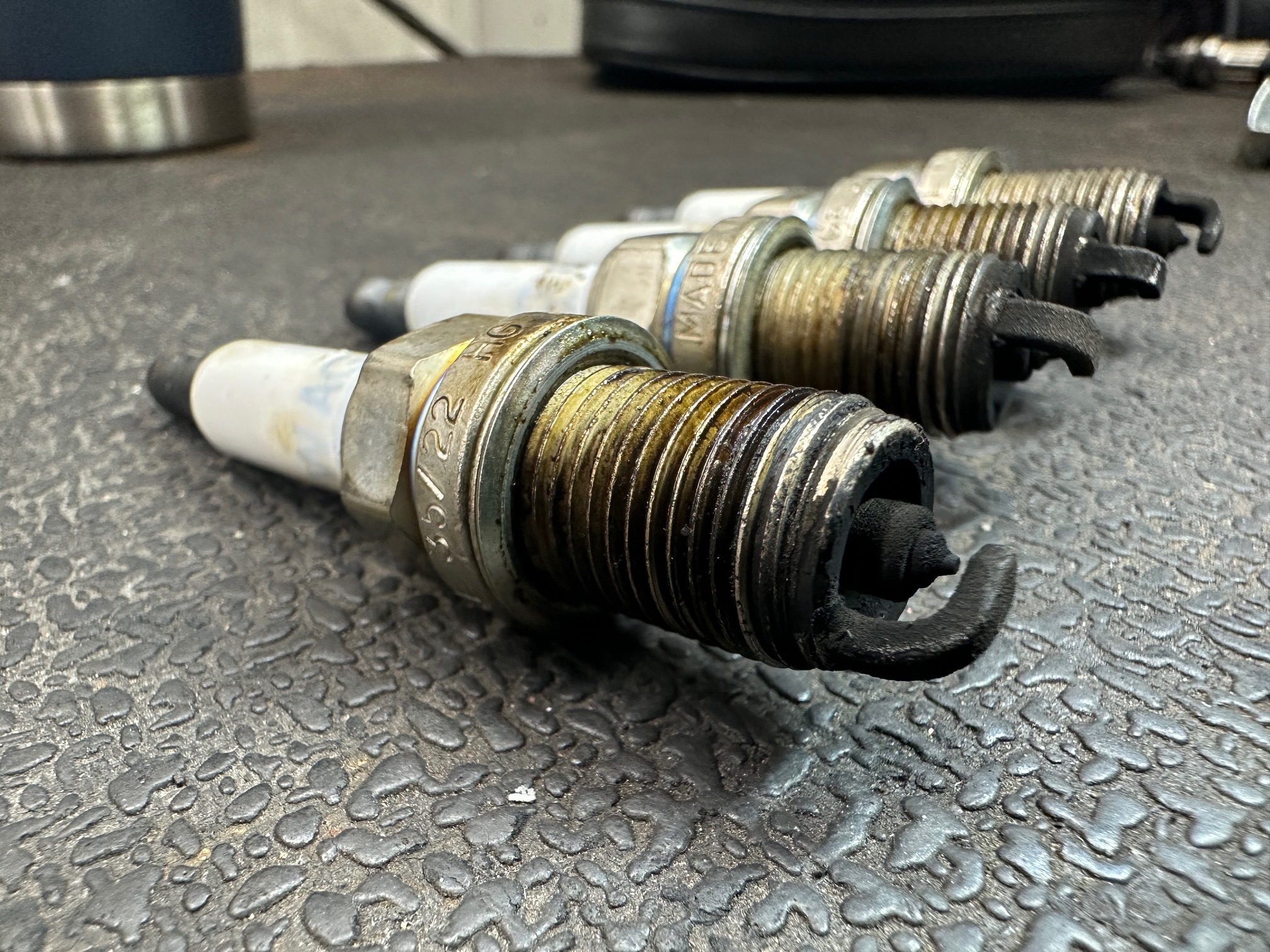
The spark plug is a tiny component in your engine that keeps your car running smoothly. It ignites the fuel in your engine and provides the power to move your vehicle. However, not all vehicles need the same number of spark plugs. Let’s discuss how many spark plugs your car needs to run efficiently. The number of spark plugs your car requires depends on the type of engine it has. Four-cylinder engines require four spark plugs. Six-cylinder engines need six spark plugs. Eight-cylinder engines require eight spark plugs. It's crucial to use the correct type recommended by the vehicle's manufacturer. Copper spark plugs are the most common and cost-effective spark plugs. Plati ... read more
Posted on 9/18/2023
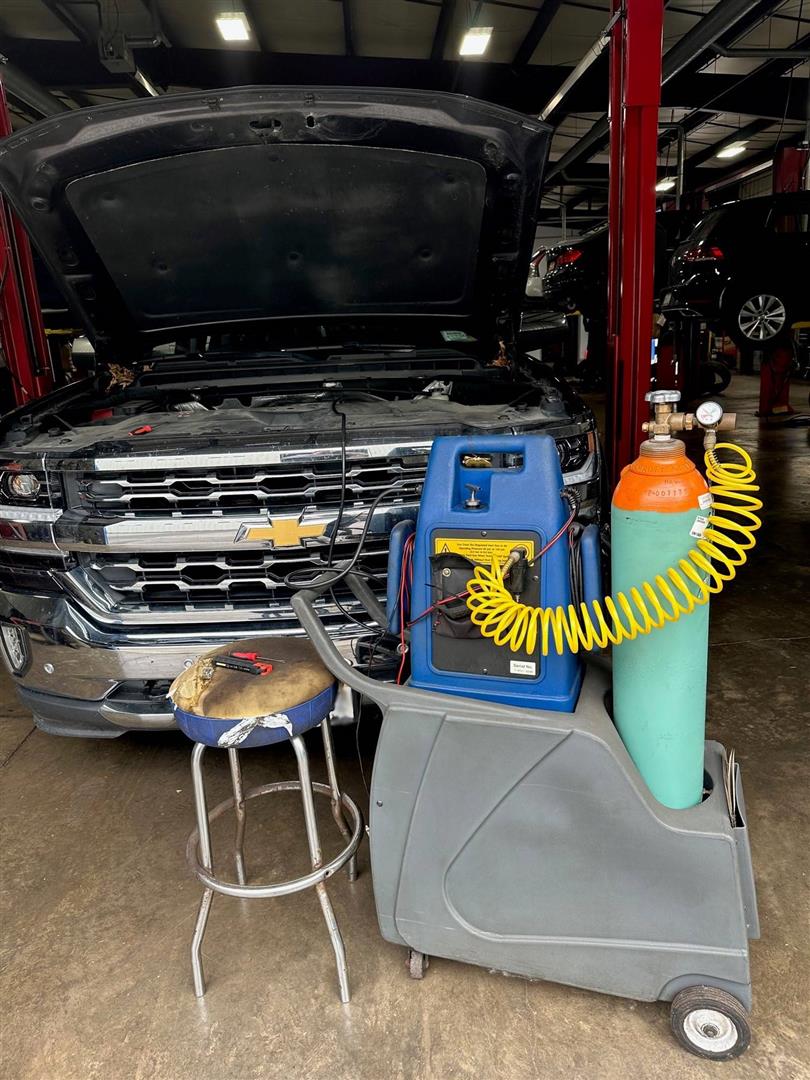
An EVAP test is like a checkup for your car to make sure it's not letting out bad stuff into the air. Understanding what it is and how it works is important. What's the EVAP System? EVAP stands for Evaporative Emissions Control System. This keeps gas fumes from escaping your car's gas tank. During an EVAP test, a mechanic looks for any holes or leaks in this system. How Does the EVAP Test Work? The mechanic first makes sure your gas cap is on tight and then tests your car's fuel system. They even use a machine that blows smoke into your fuel system to find leaks. Tips to Pass the EVAP Test To make sure you pass the EVAP test: 1. Always seal your gas cap tightly. 2. Don't drive your car with an almost empty gas tank. ... read more
Posted on 9/1/2023
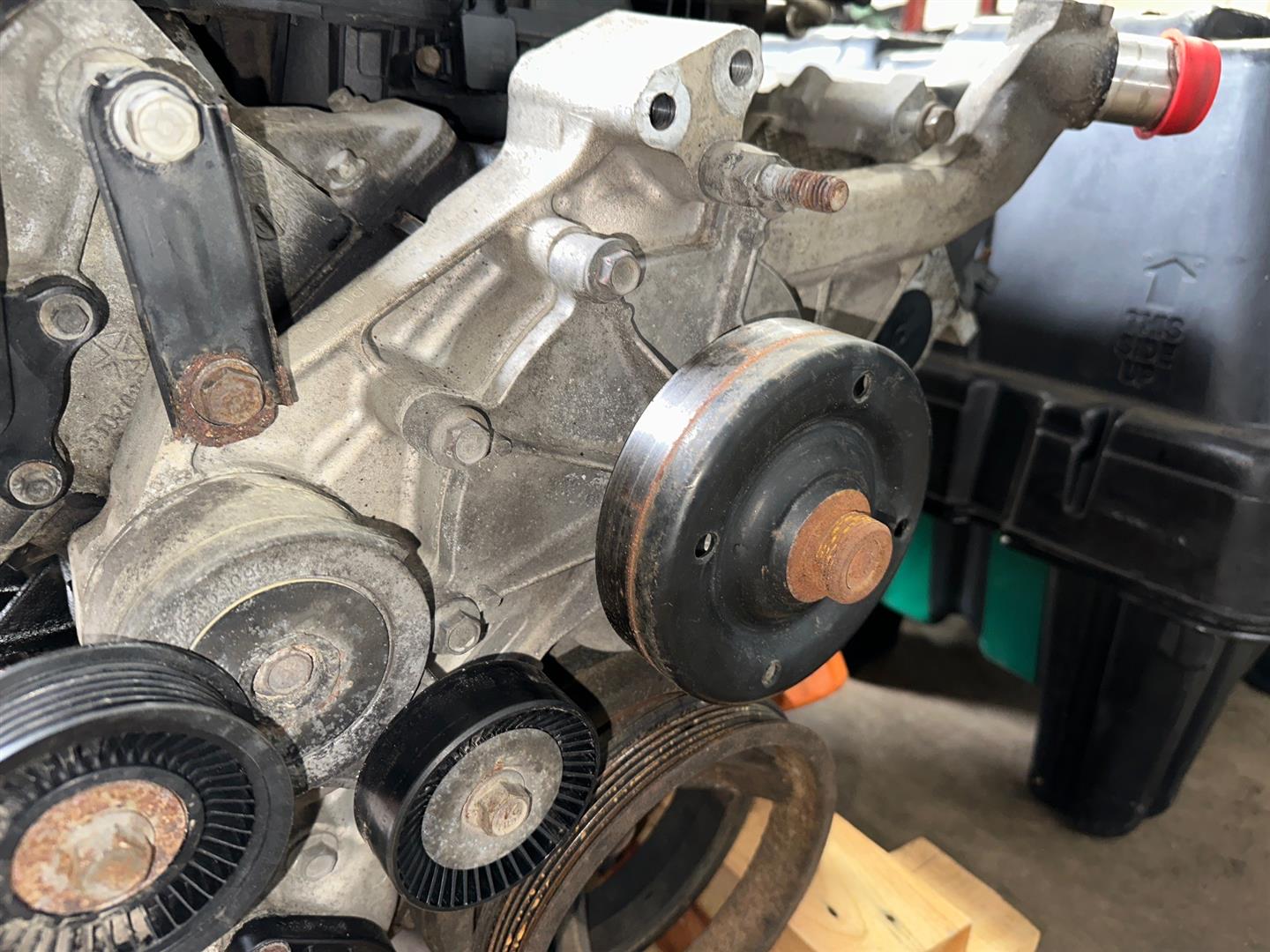
One of the most critical components of your car is the water pump. But what exactly is a water pump, and why is it so essential for your car? A water pump circulates coolant throughout the engine and transfers heat from the engine to the radiator. It maintains a consistent temperature throughout the engine. A water pump consists of a rotor, a housing, and an impeller. The rotor is connected to the engine's crankshaft via a belt. It rotates the impeller inside the housing, which pumps coolant through the engine. Due to a lot of mechanical wear and tear, water pumps tend to fail over time. The most common sign of a failing water pump is visible coolant leakage underneath your car. If you notice a leak, you sho ... read more
Posted on 8/24/2023
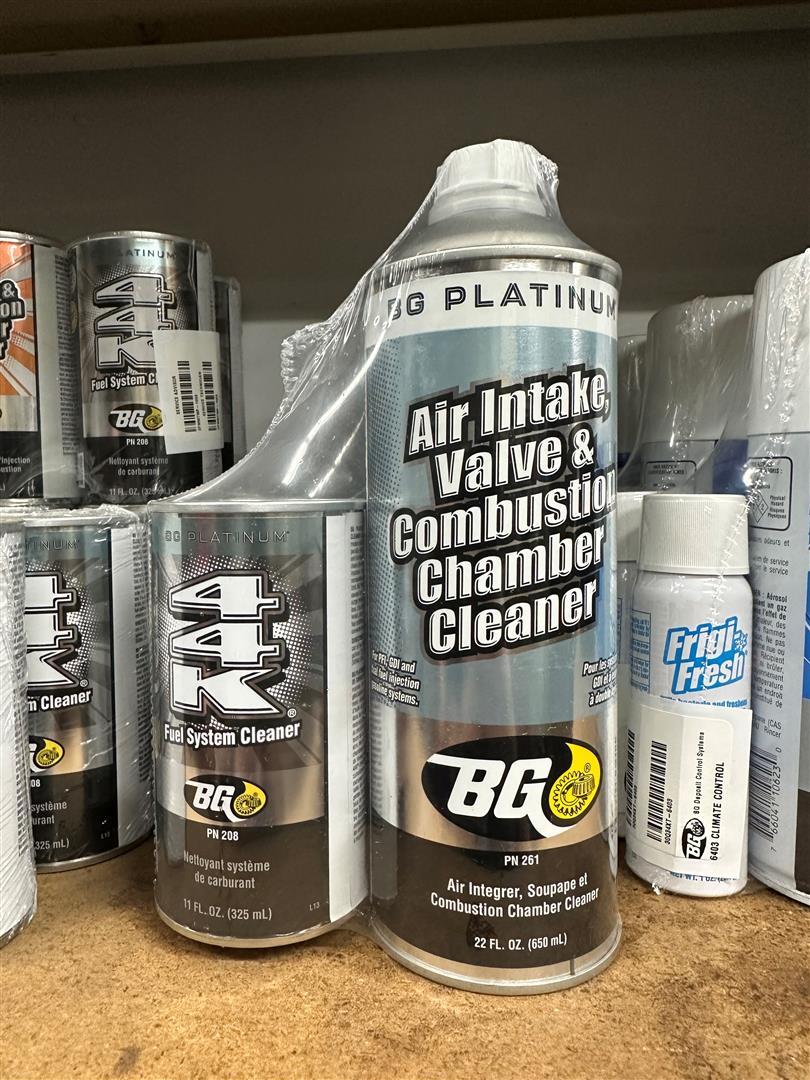
It's essential to maintain your vehicle regularly. One of the critical components of this maintenance is fuel system cleaning. This is also known as fuel injector cleaning. A fuel system cleaner is designed to eliminate dirt, debris, and other contaminants in your car's fuel system. The process involves adding a specialized fluid to your fuel tank. This fluid is then mixed with gasoline and runs through your engine to clean it entirely. Learn more about fuel system cleaners and how they can benefit your vehicle. Benefits of Fuel System Cleaning A fuel system cleaner can help you in several ways. It helps improve the overall performance of your engine. Regular use of fuel system cleaners ensures your engine runs smoothly. This increases your car's fuel efficiency and reduces emissions. Fuel system cleaners can also end or reduce knocking and pinging noises caused by the vehicle's engi ... read more
Posted on 7/6/2023
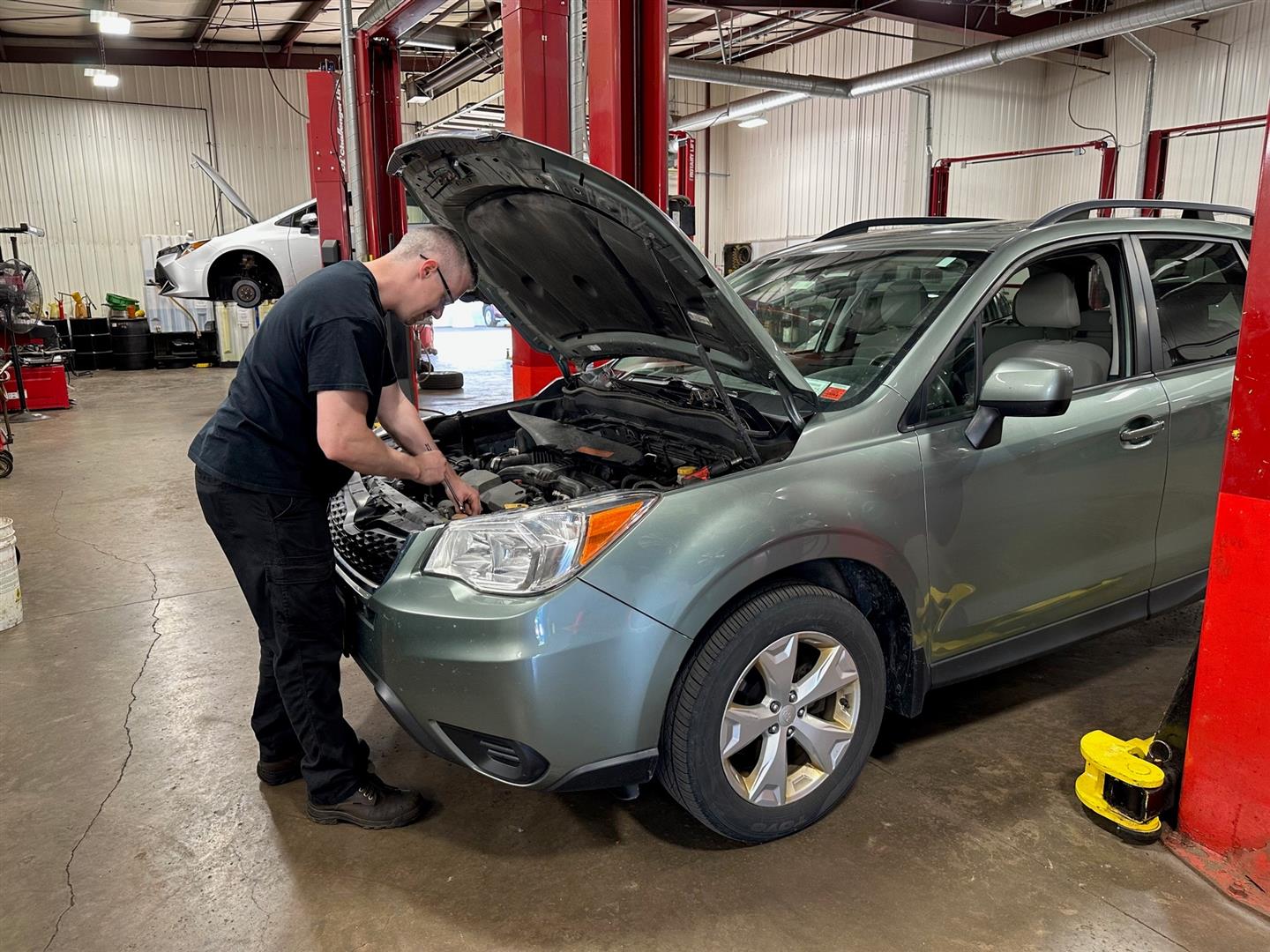
A common problem many drivers face is overheating. Serious engine and transmission damage can occur when a vehicle over heats. Learn more about what causes a car to overheat and how to avoid it. Low Coolant Level: Coolant or antifreeze helps keep the engine cool by circulating throughout the engine block and radiator. If there is not enough coolant, the system cannot dissipate heat. This causes the engine to overheat. Check the coolant level often and add more if necessary. Broken Thermostat: The thermostat controls the temperature of the engine. It can cause the engine to overheat or run too cold if it fails. A thermostat can break for reasons, such as corrosion, wear, or a mechanical failure. Have a mechanic replace your thermostat if you think it may be broken. Radiator Problems: The radiator dissipates heat from the engine that the coolant has absorbed. If the radiator is clog ... read more